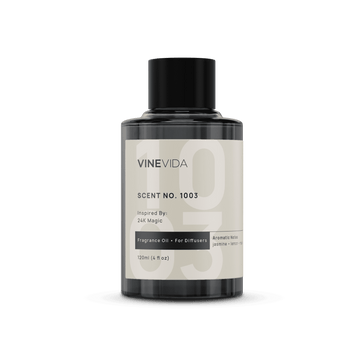To understand the full benefit of using natural or Essential Oil soaps versus Commercial soaps, it’s important to understand what goes into each of them. The organic soap market is growing rapidly, with a value of USD 222.3 million as of the year 2018. As consumers become more aware of environmental concerns, water pollution, and products containing potentially harmful synthetics, the trend is turning towards the natural. Additionally, certain countries are beginning to ban some of the more harmful chemicals that are frequently in cosmetics and hygiene products, which we will discuss in more detail in a moment.
Difference Between Soap and Detergent
The problem with commercial soaps is that most of the products we think of as “soap” are actually detergents. The difference between the two lies in their chemical makeup. To make soap, you combine fats, oils, and a base. If you want to know more, check out this blog article for specific details on the key ingredients for soap making. Though many soap makers add other ingredients for aroma and color, the core ingredients will always be fats and oils. Due to its natural makeup, soap is biodegradable. This means it is seen as more environmentally friendly than other products such as detergents.
Detergents, on the other hand, are man-made products. Manufacturers make detergents by mixing chemical compounds together and then heating them and converting them to powder. Liquid detergents also have large amounts of water in them, which contributes to their form. Due to their chemical makeup, detergents are stronger than soaps, particularly when it comes to removing grease and oil. Detergents don’t just encompass laundry and dishwasher products, they also include floor, wood, glass, and other multi-purpose surface cleaners.
Why Are Detergents Considered “Bad”?
Detergents often contain ingredients that strip the skin of the oils it needs to remain healthy. This is why so many people find their skin sensitive to many products. They also may contain many other potentially harmful ingredients, such as the following:
Parabens: Parabens are a type of preservative. Studies indicate that parabens are able to penetrate the skin, working their way down into tissues. Research gives the indication that parabens are hormone disruptors and there are links to breast cancer and other reproductive issues. Parabens also cause environmental concerns, as scientists are even finding traces of them inside marine animals.Phthalates: You will find phthalates in almost everything: fragrance, cosmetics, packaging, you name it. They act as a binding agent, as well as helping to make plastics flexible. The term phthalates encompass a huge class of chemicals. Though not all have been the subject of study, many have shown to have negative health effects.
Petrochemicals: Detergents are made from petrochemicals, which are usually derived from petroleum. Petrochemicals are hydrocarbons that have been separated from natural gas or petroleum, which is crude oil. They are also able to interfere with human hormone systems and share links with certain types of cancers.
Synthetic Perfume: When it comes to fragrances in soaps and detergents, the key thing to understand is that fragrance classifies as a trade secret. This means there is no requirement for companies to list on their label what goes into them. Fragrances are made up of thousands of different chemicals and ingredients, and there is a lot we don’t know about them in terms of their impact on health. Regardless, many perfumes and colognes are known to trigger Asthma and other sensitivities in many individuals.
Benefits Of Essential Oil Soap
The obvious benefit of essential oil soap and other organic options is that they are natural! In addition, different essential oils offer different qualities and benefits to a soap blend. Some are antibacterial, some are antifungal, and some can even act as anti-inflammatory agents. This means they can be beneficial when it comes to inflammatory skin conditions such as acne, psoriasis, and rosacea. Using Essential Oils also gives artisan soap makers the opportunity to infuse their soaps with different aromas and colors, in a natural way.
Conclusion
When it comes to choosing between Commercial and Natural Soaps, there are endless opportunities to choose from. Supporting artisan soap makers helps infuse money into local economies, rather than supporting big businesses and cosmetic companies. At VINEVIDA we strive to offer affordable, premium oils at wholesale pricing, which in turn helps small and local businesses make the transition to clean and natural products.














